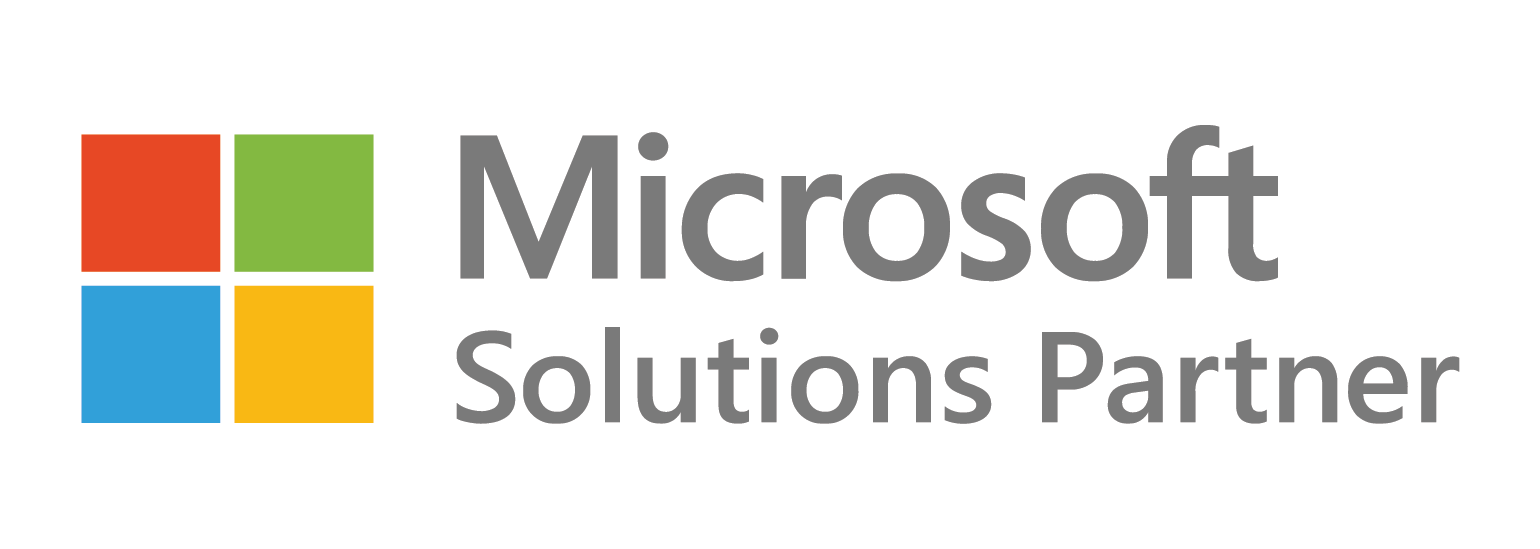Choosing the Right ERP for Your Business
Business Central vs. Finance & Operations
ERP is not a one-size-fits-all solution.
Whether you’re a fast-growing SME or a large-scale enterprise, the right system should fit your current needs and future ambitions, without slowing you down.
In this guide, we break down the differences between Microsoft Dynamics 365 Business Central and Finance & Operations to help you make the right choice.
Key Differences
| Feature | Business Central | Finance & Operations |
|---|---|---|
| Ideal For | SMEs, growing businesses | Large enterprises, multi-national ops |
| Modules | Finance, sales, inventory, projects | Finance, supply chain, HR, operations |
| Scalability | Moderate (can grow with SMBs) | Very High (global, complex needs) |
| Deployment Speed | Faster (avg. 1–2 months) | Longer (avg. 4–6 months) |
| Cost | Lower TCO | Higher TCO |
| Customization | Light to medium | Deep customization available |
| Reporting | Built-in Power BI | Advanced analytics & forecasting |
| Localization | Great for regional setups | Excellent for multi-entity/global ops |
How to Choose: 3 Questions That Matter!
1. What’s your current business size and structure?
If you’re operating with lean teams, local branches, and moderate product/service complexity, Business Central is likely sufficient, and can be deployed quickly with minimal IT overhead.
On the other hand, if you manage multiple entities, factories, or global financials, F&O will give you the granular control and advanced functionality you need.
2. How fast are you growing?
Business Central is often the choice for companies that want an ERP fast, without overinvesting in capabilities they won’t use (yet).
But if your growth trajectory includes multi-country expansion, advanced budgeting, or complex compliance, you might want to start directly with F&O to avoid reimplementation later.
3. Do you need deep operational integration across departments?
F&O excels in cross-functional visibility, from HR and finance to manufacturing and logistics.
Business Central integrates well with Microsoft apps and third-party tools, but if your workflows span multiple specialized teams or verticals, F&O might be the better long-term fit.
🧩 Bonus Tip: Consider Hybrid Models
Some clients start with Business Central and later transition to F&O once they reach a certain revenue or operational scale, especially when the ERP is implemented by a partner who builds with future migration in mind.
So… Which ERP Should You Choose?
Choose Business Central if:
✔️ You want fast deployment at a lower cost
✔️ Your company is small-to-mid-sized and growing
✔️ You prefer a simplified, easy-to-manage interface
Choose Finance & Operations if:
✔️ You manage multiple locations, departments, or countries
✔️ You need deep integration across complex operations
✔️ Your industry demands detailed financial control and forecasting
🛠️ Need Help Deciding?
Pioneers IT has helped businesses across MENA choose and implement the right ERP — from fast-growing SMEs to regional enterprises with advanced operational needs.
Our experts understand not just the software, but your industry, regulations, and scaling goals.


